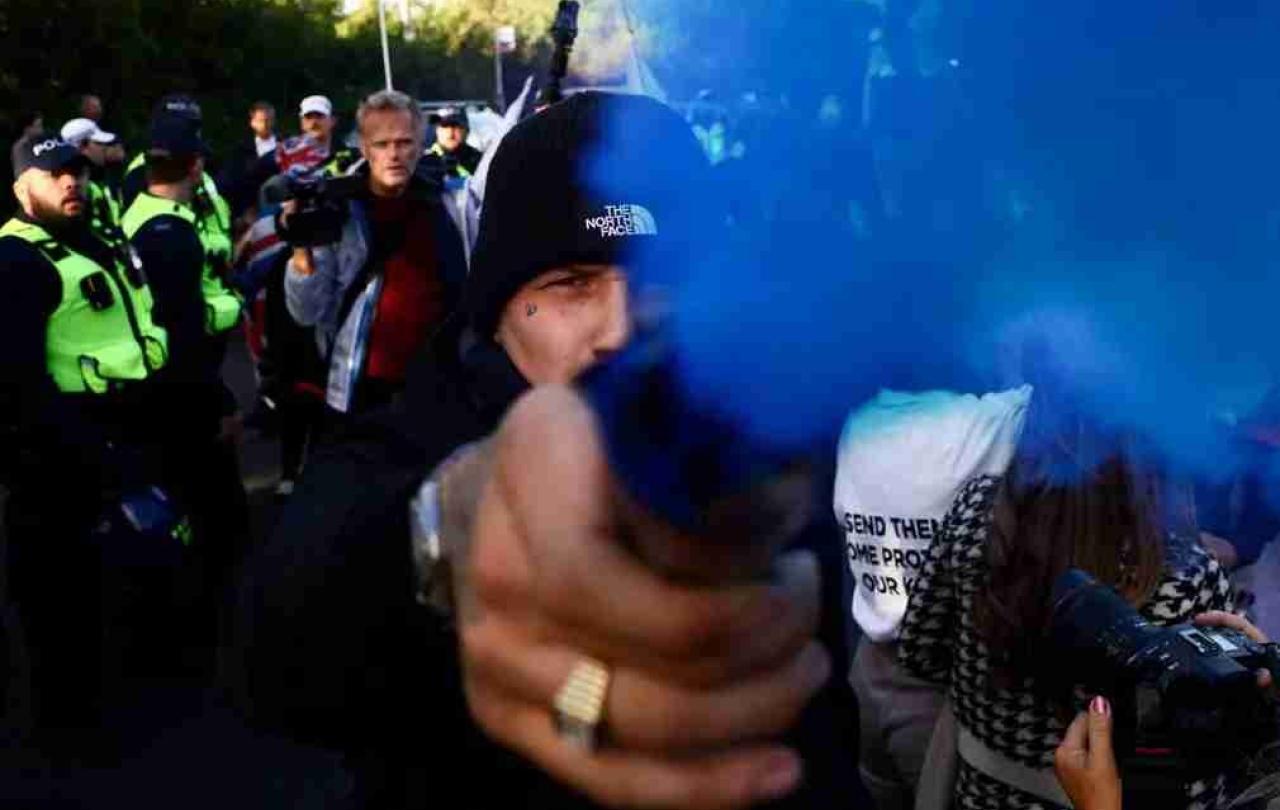
Listen to this episode
About this episode
In this episode Rachael Newham considers the seasons and what we can learn from embracing the changes; Giles Gough reviews the Netflix movie version of the biblical story of Ruth & Boaz; Jean Kabasomi takes us through her experiences of Big Tech and asks whether we are being gaslit into waste.
Support this podcast
Since Spring 2023, thousands of people have enjoyed hundreds of podcast episodes and over 1,500 articles.
All for free.
This is made possible through the generosity of our amazing community of supporters.
If you enjoy Seen & Unseen Aloud, would you consider making a gift towards our work?
Do so by joining Behind The Seen. Alongside other benefits, you’ll receive an extra fortnightly email from me sharing my reading and reflections on the ideas that are shaping our times.
Graham Tomlin
Editor-in-Chief





